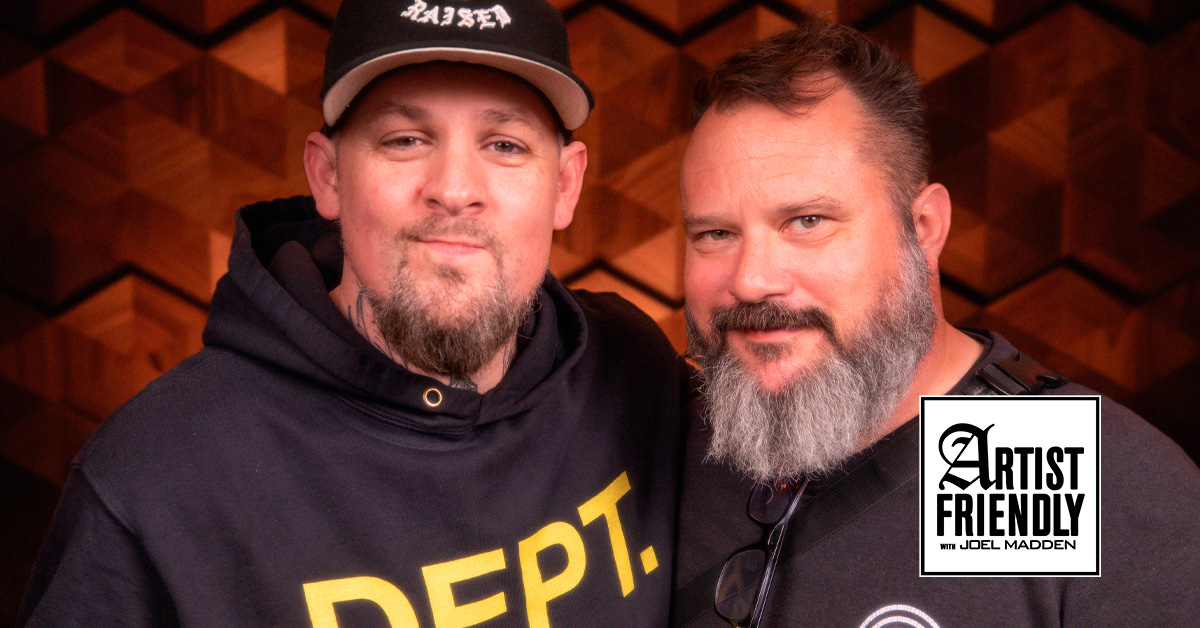
On A World Without Lemmy
…
Everything’s different. All the plans we made for this year are altered now. 2016 AD is 1 AL. It’s the first time we’ve done this. It’s not going to be gentle.
I think I’ve begun to accept it. I’m not there yet, but I’m on my way. I’ve dealt with the initial Kübler-Ross stages (denial, anger, bargaining, depression) as well as the supplemental metalhead movements (inebriation, jukebox domination, tearful singalongs, T-shirt abuse). I’m nowhere near fully ready yet, of that I’m sure.
But I can’t expect to be. This is a big step, bigger than Hanneman or Dio or Dimebag. This changes the landscape entirely. I still can’t fully believe he’s gone.
At least there’s pride in my Where Were You moment—I was out drinking. Me and my friend Lily were holed up in a weirdo bar on Fulton Street named Doris, which looks like a Santa Fe acid trip from 1983. Lily and I are two of the only people I know who haven’t given up on booze as a pastime; sure, age has made me less of an athlete than I used to be, but I still find true beauty in those long nights of foolishly-bought shots and pizza ordered to the bar. We were about to wrap up our session and head our separate ways—myself to a quiet dinner with a friend, her back home—when I got a one-word text from a buddy of mine: “LEMMY?!” And just like that, I knew. Sure, I scrambled to pull up any public confirmation—this had happened to me once a few years ago, and I’d almost made a dick of myself mourning too much on social media—but when I received that text, I knew immediately what it was. Even then, and even as Lily and I continued on to a bar that had Jack (fuck you, Doris, what kind of bar doesn’t have Jack Daniels?), I was stunned. It had finally happened.
It’s funny how something we’ve known was on its way for so long can be so surprising. By the fall of 2015, Lemmy’s health problems were no longer a worrisome occurrence, they were a constant problem. Shows were canceled. Whiskey was forsaken. That the singer’s lifestyle had caught up with him was an undeniable fact. But it was as though that only bolstered our respect for him and our denial that his passing was on its way. Fuck yeah, Lemmy was having some trouble at age 70—who wouldn’t be after all that speed and booze? Good times. When the inevitable truth came down like a thunderclap, we should have been prepared, and yet we hadn’t even begun to fathom what Lemmy’s death would mean. The day after it happened, my brother said to me, “Yeah, but wasn’t he old and sick?” And I thought, Yeah, but I didn’t think that would matter. I knew we were going to lose Lemmy eventually, but I’d never fully considered what that would mean.
More than anything, what’s lost is a benchmark. When we take things too far, we like to think we become Lemmy, or at least that we’re reaching for that unattainable status. When we order that extra shot or flirt with the person we’ve been eyeing all night or throw caution to the wind and run to the middle of the dance floor, we are channeling the man who did all that with the calm, collected demeanor of one who’s seen it all before.
That’s because Motörhead’s music was always steeped in realism. It wasn’t like, say, Dio’s tunes, where so much of it was about stone and sorcery and blasting a dragon’s head off with rainbows that shoot out of your eyes. Motörhead invited us to a good time that was always out there waiting for us, if only we were ready to strap our boots on and go get it. Because if Lemmy could be a poison-blooded blues rock biker mutant, then by God we could at least try to follow in his footsteps.
But part of that realism was Lemmy’s death. Lemmy can die, and did. All the lofty ideals of metal, of its immortality and boundless strength and uniting power, don’t mean shit to cancer. Cancer doesn’t care about a legacy, it’s just there to grow and fester and drain the life from its host. And Lemmy made that very clear from very early on. At no point did he or Motörhead promise anyone such ridiculous bullshit as eternal life or even an afterlife; if anything, he did his best to discourage those notions (discourage but never deny—if your dream was a harp and a halo, it wasn’t any of Lemmy’s fucking business). All the bad behavior and wild nights matter because our time on earth is short. Which Lemmy’s was, too. Seventy years is a paltry age for such a man. Lemmy should have lived to be three hundred. But he didn’t. He died at a reasonable age, like any human. That, more than anything, will color our world from now on. If Lemmy can die, then we can too.
When will his death stop echoing in our minds, so that we can go back to our everyday lives? Hard to say. Maybe never. We need to prepare ourselves for that. This won’t be the typical mourning period—a single day where you break out the Jack and the vinyl, a week where you wear the same ‘Everything Louder…’ shirt over and over until they kick you off the bus because you smell like chest sweat. This will stretch on through the years. This will be the monolithic tombstone against which all others will stand. Ozzy will be tough, but will pale in comparison; Lemmy never became a symbol of humility in the face of his lifestyle, and he never did an MTV reality show.
Maybe he’s not the last of his kind. Maybe there will be someone else of comparable status, whose death, and life, means as much to metal as Lemmy’s does. But I wouldn’t bet on that. Lemmy was everything louder than everything else. And anyway, gambling’s for fools.
—Twitter – @bloodinmystool
—Tumblr
…
Where were you when you found out that Lemmy passed away? Feel free to share stories, decompress and commiserate in the comment thread.
…











